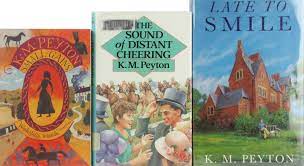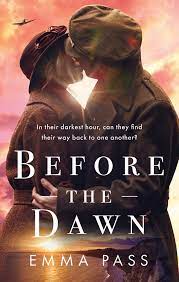Six weeks ago today my adult debut novel, Mrs Hart’s Marriage Bureau, a feminist romantic comedy set in 1934, was published by HarperCollins Ireland. In the handful of interviews I did to help promote the book, one of the most common questions I was asked was how different I had found it to write for adults after eight novels for children and teens.
It’s an obvious question, and one I’ve spent time thinking about. I suspect that many people imagine it must be more difficult to write for adults – more complex, more emotionally demanding, somehow more literary. There was even, I think, an assumption that, after eight teen novels I might somehow not be able for a real book – even though I’m 54 and have actually been an adult for a debatable but not inconsequential number of years.
I suppose if I had written fart joke books for 5-7s, and had then attempted a zeitgeisty Great Irish Novel, this might have been a stretch. But I went from writing well-researched, politically-engaged historical novels with literary pretensions and a deep concern for language, imagery and emotional truth to writing … exactly the same thing.
Does that mean there was no difference at all? No, of course not. Mrs Hart’s main characters are in their 30s and 40s, rather than their teens, and a much bigger word count – about twice the length – gave me more space to explore their lives. I could delve into areas that younger readers mightn’t be so interested in, and take more for granted in the experience and confidence of my readers.
This was brought home to me at the first event I did for Mrs Hart. I walked into a bookshop (the wonderful Secret Bookshelf in Carrickfergus, for readers in Northern Ireland), and it was full of – well, people very like me: middle aged women. And unlike my usual school audiences, they had actually chosen to be there, and would probably buy and read the book. There aren’t any gatekeepers. I feel I can talk more directly to my readers.
Of course there’s nothing new in writing for different audiences, nor in the lines being blurred by publishers and readers. Growing up, one of my favourite authors was K.M. Peyton. As I graduated into adult books in my late teens, it was such a joy to discover that she had a handful of adult novels to her name as well, and funnily enough, they share exactly the characteristics that made her books for younger readers so good.
Jane Gardam, too, wrote for different ages; in her case, even as far back as the 1980s, novels like A Long Way from Verona and Bilgewater were published in both children’s and adult’s editions. Penelope Lively, Nina Bawden and Jill Paton Walsh were also writers whose adult books I was more likely to pick up because I had enjoyed their children’s books. More recently, other favourite writers such as Linda Newbery, Adele Geras, Celia Rees, Emma Pass, Sophia Bennett, Anne Booth, Eve Ainsworth, Rachel Ward, Nicole Burstein and many others have followed successful children’s or YA books with adult titles. What wonderful company to be in!
For me, it’s mostly about character: if you are looking out at the world honestly through your characters’ eyes – and this can be just an intimate in third person as in first – then the appropriate linguistic register, emotional depth and worldview should follow naturally. If you don’t write well for children, or don’t take them seriously as characters and readers, then you probably lack the empathy to write well for adults.
Not everyone wants to write for different audiences, but for those, like me and all those wonderful authors above, who do, I hope this post encourages you to go ahead!




















